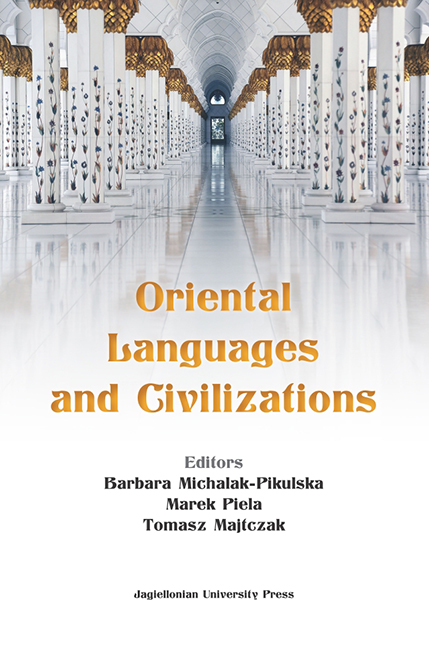On the eve of colonialism. Arab rulers and Russianauthorities at the last third of 18thcentury
Published online by Cambridge University Press: 06 November 2021
Summary
Abstract
The structural crisis during the second part of18th century loosened links between thecenter and periphery of the Ottoman Empire. Themilitary and political pressure of the Europeanpowers, including Russia, forced separatist-mindedregional leaders to look for allies abroad. Duringthe war of 1768–1774 Russia became the firstEuropean country that invaded Middle East in moderntimes and even for a short period of time occupiedits part – the city of Beirut. The Palestinian rulerDahir al-‘Umar expressed the will to turn Syria intoRussian protectorate. In 1774–1790 the Lebanese emirYusuf Shihab, who secretly confessed Christianity,addressed the Tsarina Catherine the Great at leastthree times asking to take him under her himaya (protectorate). Theposition of the mentioned Middle East rulers wassupported by the majority of their confidants,mainly Christians. The analysis of the attitude ofboth Syrian elites and other local social groupstoward the collaboration with the European countryhostile to the Ottoman state sheds light on theirmentality and the principles of “friend-or-foe”identification system.
Keywords: Beirut, Russian-Arab contacts, Ali Bey BulutKapan, Yusuf Shihab, Daher al-Umar
In the modern age the Arab-Ottoman Middle East surviveda considerable number of European militaryinterventions and the first of these was the Russianone. In 1769–1770, during the Russian-Turkish War of1768–1774, the Baltic fleet made a crusade aroundEurope and invaded the Eastern Mediterranean. Themain military operations of the squadron took placein the Aegean Sea. There the bulk of the Ottomannaval forces was destroyed, the straits were blockedand even the Greek Archipelago Principality, whichwas under the Russian protectorate, was founded.
However, the Middle East was also attacked by Russiansquadrons. In June of 1772 the ships under theRussian St. Andrew's flag attacked the Ottoman armynear Saida and then raided Beirut. In early Novemberof the same year an assault upon the Egyptian portDumyat was made. The largest operation was the siegeof Beirut in July-October of 1773 and the subsequentoccupation of the city (Kobishchanov, 2019, pp.16–33). In addition, small squadrons cruised in theEastern Mediterranean, turning it virtually into a“Russian lake.”
- Type
- Chapter
- Information
- Oriental Languages and Civilizations , pp. 233 - 240Publisher: Jagiellonian University PressPrint publication year: 2022



